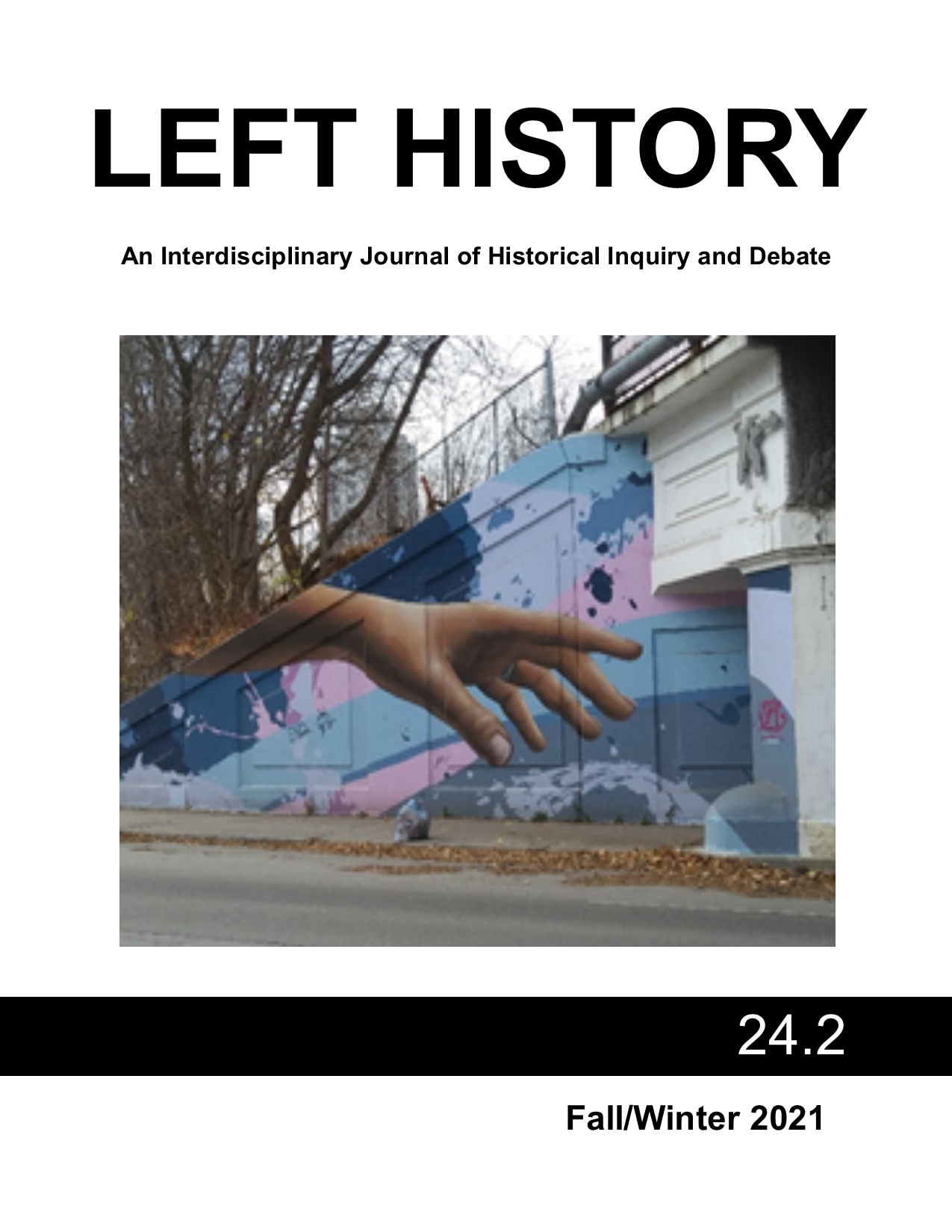Social Unionism and the Popular Front: The Cambridge Union of University Teachers, 1935-1941
DOI:
https://doi.org/10.25071/1913-9632.39635Abstract
Most studies of university faculty unions that formed during the interwar era argue that those bodies devoted themselves to a progressive social, economic, and political agenda (social unionism), rather than immediate workplace needs (bread-and-butter unionism). The few scholarly works that mention the Cambridge Union of University Teachers (CUUT)—created in October 1935 by instructors from Harvard University and the Massachusetts Institute of Technology—emphasize the union’s orientation toward social issues. An affiliate of the American Federation of Teachers, the CUUT never attempted to engage in collective bargaining or to set wages, hours, or other work conditions. But a careful examination of the CUUT’s early history reveals a more complicated legacy. The men, and a few women, who led the union embraced a multifaceted agenda: to link Local 431 to the larger community, including local teachers’ unions and other area labour groups; to support a national popular front social movement; and to secure fair employment and academic freedom for all college/university teachers in Cambridge. This article describes and analyzes the CUUT’s ideology and policies during the years 1935-1941, the union’s most active period, and the obstacles that it encountered both from within its ranks and from the corporatized institutions of higher education.
References
N/A
Downloads
Published
Issue
Section
License
Copyright (c) 2022 Nathan Godfried

This work is licensed under a Creative Commons Attribution-NonCommercial-NoDerivatives 4.0 International License.
This work is licensed under a Creative Commons Attribution-NonCommercial-NoDerivatives 4.0 International License. Authors retain copyright of their work. Any uses not covered by the license require permission from the rightsholder. We ask that republication and reuse of content cite the original publication in Left History.
Left History and its trademark are held under the copyright of the journal, which is published in the York University Department of History. Left History is committed to Open Access by publishing articles online under a CC BY-NC-ND 4.0 license.


